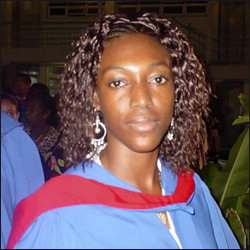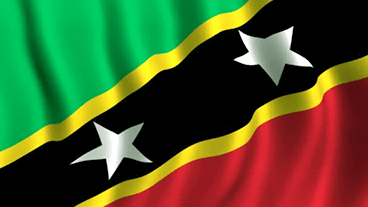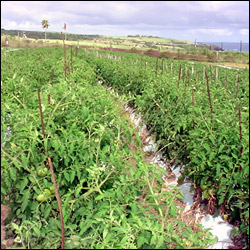
Venisha Pringle – Clarence Fitzroy Bryant College Graduate
Photo By Erasmus Williams
Basseterre, Saint Kitts – Nevis
June 24, 2008 (CUOPM)
Caribbean nations are opposed to the full-scale liberalisation or opening up of the region’s tertiary education sector, which is seen as a public good and not as an economic or commercial enterprise.
Speaking at the just concluded Caribbean-New York Conference last week at which a Memorandum of Understanding was signed between the University of the West Indies (UWI) and the Medgar Evers College in New York, St. Kitts and Nevis Prime Minister Hon. Dr. Denzil L. Douglas noted that the United States, the lead competitor in the tertiary education sector and as a member of the WTO, the US has sought “”¦full commitments for market access and national treatment in higher education and training services, for adult education, and for ‘other’ education.” The request has been made to all 145 WTO members.
Douglas said given that one significant aspect of the GATS is non-reciprocity, CARICOM Member States understandably, are quite cynical about and resistant to this quest by the USA.
“This is one area that is worthy of further discussion and cooperation since developed countries such as the USA are much more competitive in this sector and the domestic providers such as those in the Caribbean Community are not ready for an open, market driven environment,” said Dr. Douglas, the region’s lead spokesman on education.






